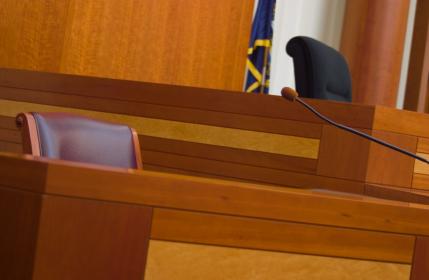
WASHINGTON STATE, Feb. 2 – Washington state’s Supreme Court has potentially limited insured’s rights to sue insurers under the state’s Insurance Fair Conduct Act.
In Perez-Santos v. State Farm, the state Supreme Court held that State Farm could not be held liable based on alleged unfair conduct in handling claims for medical bills arising out of a car accident. The Court ruled that the IFCA does not create an independent right of action for regulatory missteps, but allows a right of action when an insurer unreasonably denies or delays benefits.
Practitioners in the state say that the ruling, however, may raise more questions than it answers, according to a recent report in Law360.com.
In the case, the insured, Perez-Crisantos, was in a car accident in November 2010 and alleged more than $50,000 in medical bills. State Farm agreed to pay the $10,ooo in first party personal injury protection (PIP) benefits. The insurer denied, however, the insured’s underinsured motorist(UIM) claim, after concluding the claims included bills for excessive chiropractic treatment and unrelated shoulder surgery.
Perez-Crisantos sued State Farm in Washington state court, and ultimately won another $24,000 from the insurer on his UIM claim in an arbitration. Thereafter,
Perez-Crisantos amended the state court civil complaint alleging State Farm’s violation of a Washington Administrative Code provision prohibiting insurers from forcing a first-party policyholder to litigate to recover “amounts due under an insurance policy by offering substantially less than the amounts ultimately recovered in such actions.”
A state judge granted State Farm’s motion to dismiss, concluding there was no evidence of “some sort of incentive program to ‘lowball claims.'”
On appeal to the state Supreme Court, Perez-Crisantos argued regulatory violation alone could support an IFCA claim, but the justices disagreed. The Supreme Court, in an opinion written by Justice Steven C. Gonzalez, found no indication that the Washington state Legislature intended to create an independent cause of action under the statute solely for regulatory violations. “Instead, IFCA makes regulatory violations relevant to the apportioned attorneys’ fees and damages associated with that derivative violation,” Gonzalez wrote.
IFCA permits courts to award successful claimants attorneys’ fees and authorizes courts to award triple damages.
Washington Justice Debra L. Stephens wrote in a concurring opinion that she favored affirmed the judgment in favor of State Farm without tackling the issue of whether a regulatory violation gives rise to an independent cause of action under the IFCA. She wrote, “I fear that the majority’s gratuitous ‘holding’ on IFCA will lead to confusion and will frustrate the intent of this remedial statute.”
Perez-Santos v. State Farm (Wash. Feb. 2, 2017)





